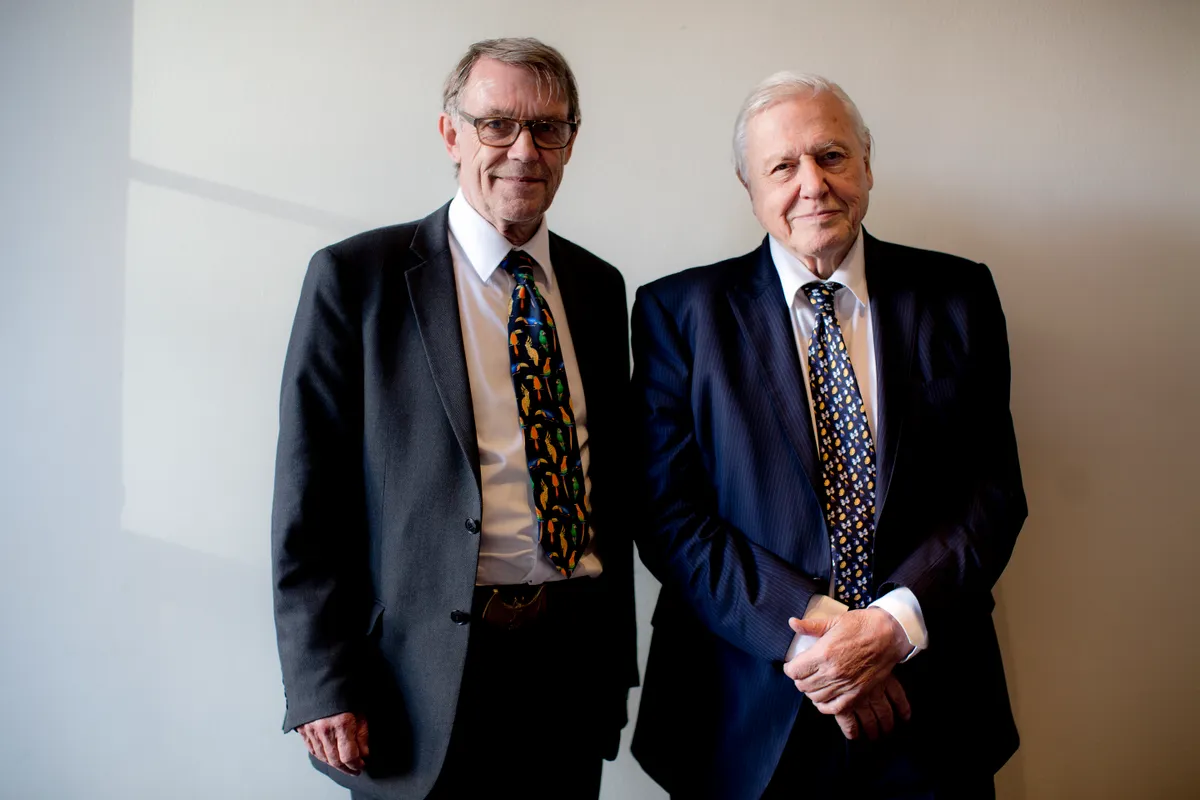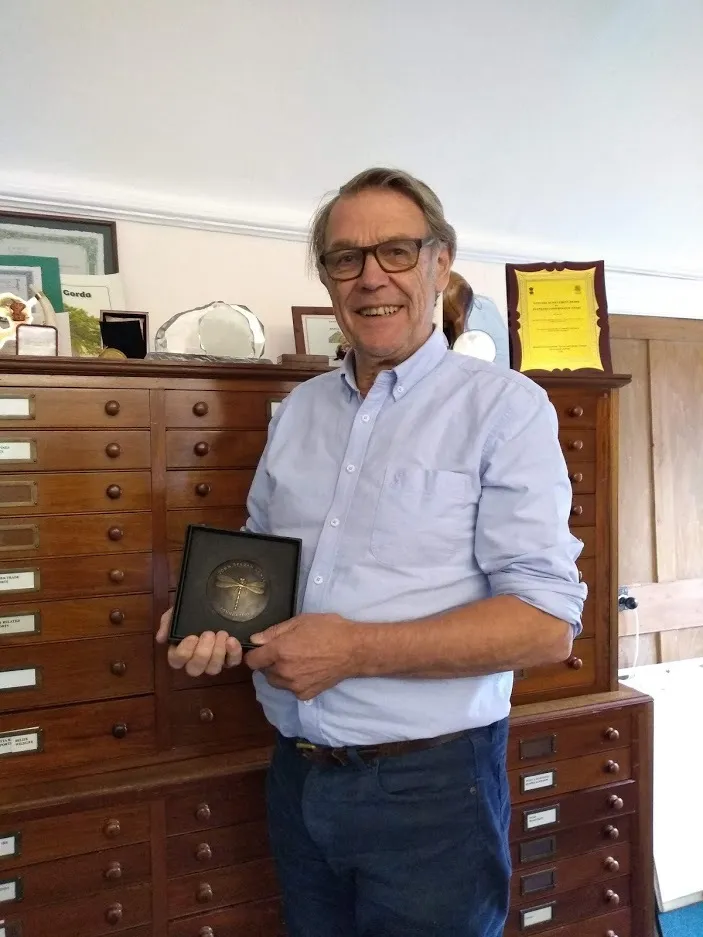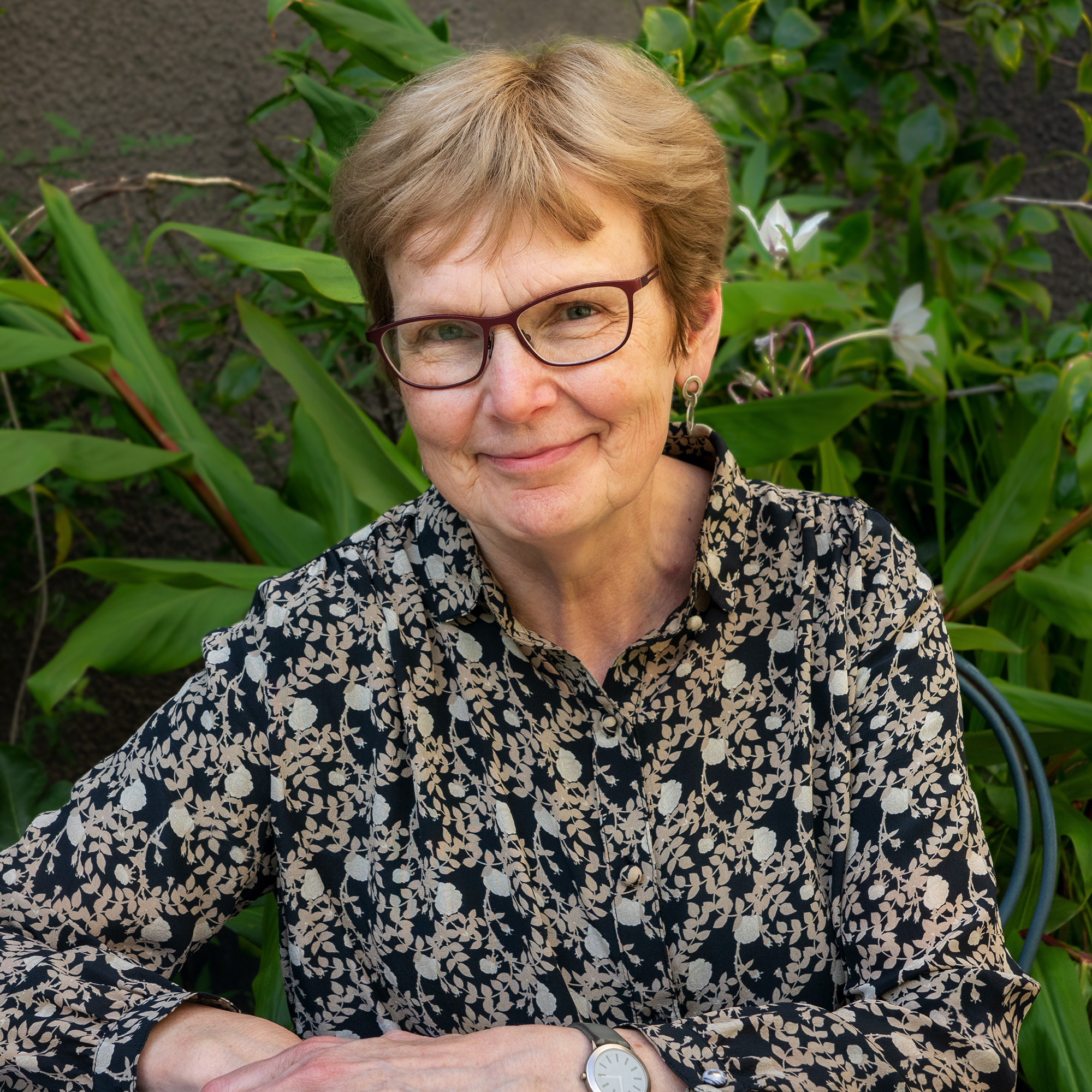Always a rebel, mostly for the right reasons, John Burton ditched school for an education in the woods, fields and bomb sites around his south-London home.
By his teens, he was a brilliant naturalist, subsequently choosing fieldwork over university. (His later recognitions would include an honorary doctorate.)
From a young age, the one institution he loved was the Natural History Museum, and based on his field skills alone, in 1963 he got a job there, as assistant information officer.

Then in 1969, he became assistant editor of the part-work Birds of the World. John’s subsequent journey through the world of wildlife journalism and conservation is long and varied, but he was always at the head of the wave.
In 1970 he became a consultant to the fledgling Friends of the Earth, lobbying for changes in legislation, including a ban on otter hunting.
He was also founding chairman of the Bat Conservation Trust. By then, he was writing and editing natural history books – more than 40 by the end of his life.
It was in 1971 that he became assistant editor of BBC Wildlife magazine, then known as Animals, for a year, afterwards as a long term contributor to it – campaigning among other things to bring back the lynx – eventually joining BBC Wildlife’s advisory board.

At 31, in 1975, he became the first leader of IUCN’s TRAFFIC International – the trade watchdog. It was also the year he became Executive Secretary (the CEO) of FFPS, now Fauna and Flora International – a champion of the underdog and supporter of on-the-ground conservation groups.
After 12 years, he and his partner Viv Burton went on to set up the highly effective World Land Trust, of which he was CEO of for 30 years, fundraising through the simple idea of ‘selling’ acres to help local conservation groups buy valuable habitats, on the basis that if you save the land you can save the species.
He died on Biodiversity Day, 22 May 2022.
Main image: John Burton in Armenia © David Bebber/WLT
